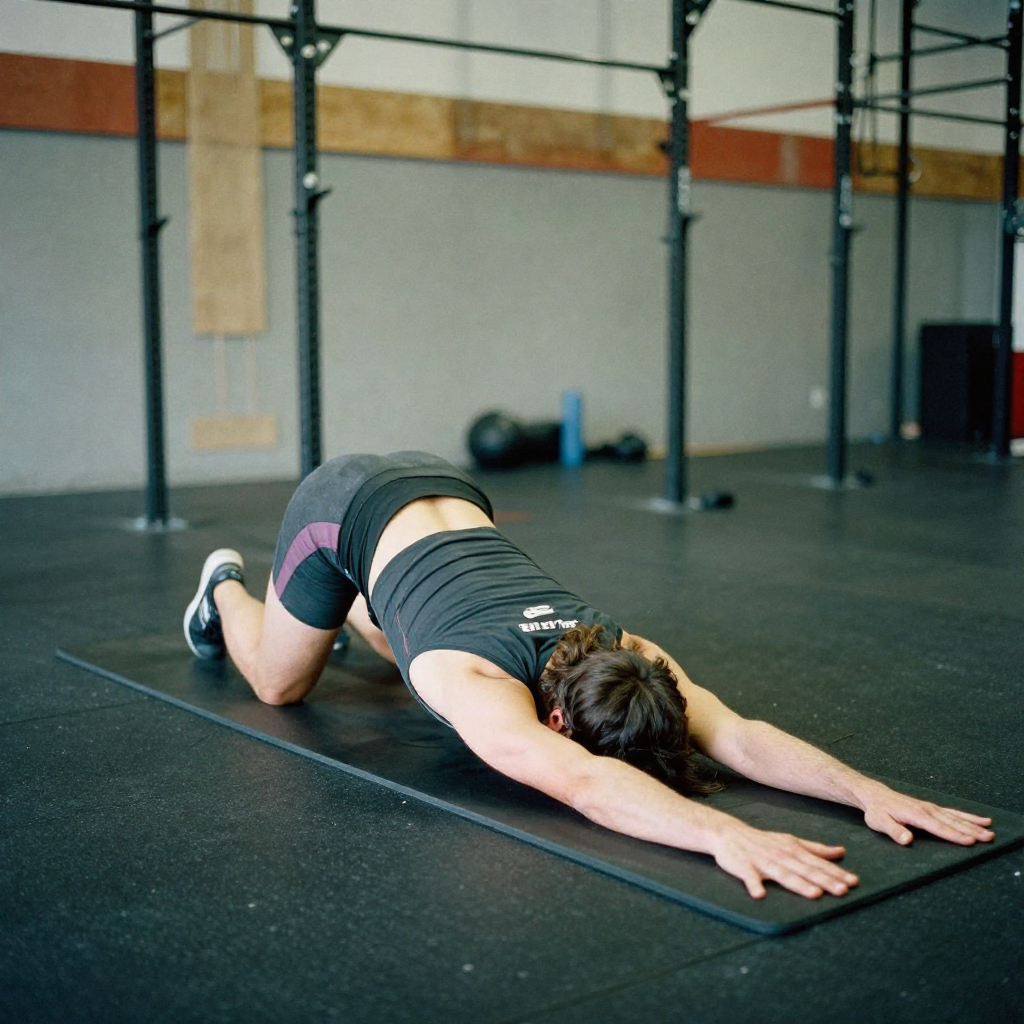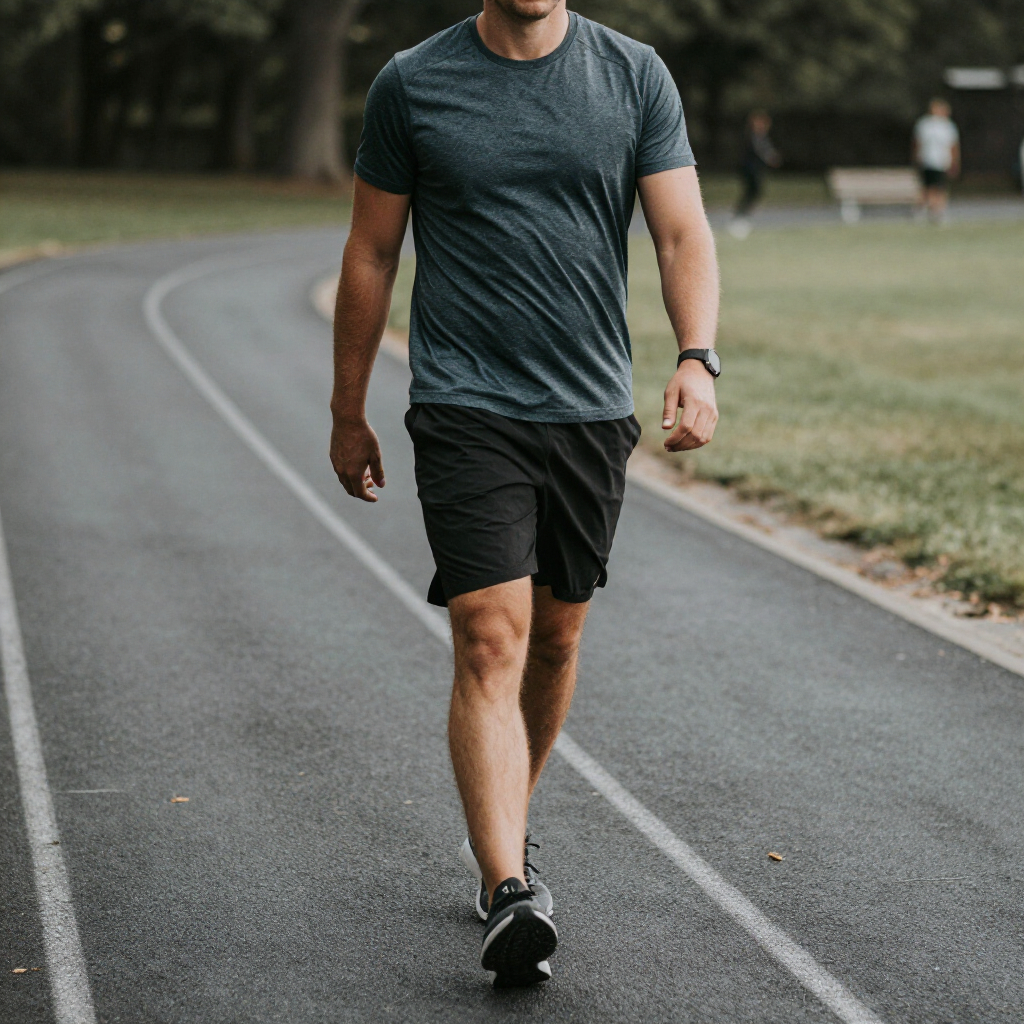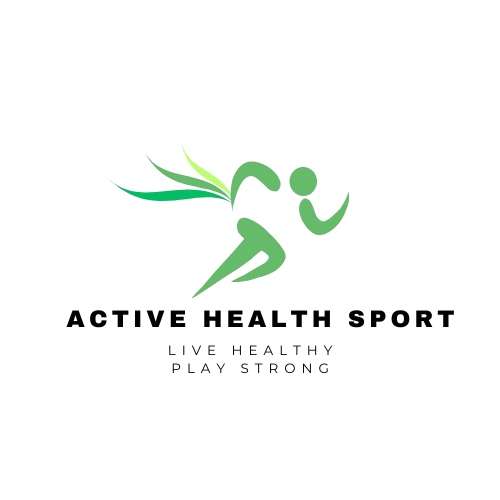Recreational sports are more than just a pastime, they play a vital role in fostering community health, improving physical fitness, and creating social connections. Participating in casual sports leagues or community fitness events, individuals can experience various benefits beyond staying active.
In this blog, we’ll explore why recreational sports are crucial for community well-being, their health advantages, and how they foster stronger, healthier societies.
Introduction | Building Healthier Communities Through Sports
Recreational sports play a transformative role in fostering healthier, more connected communities. They offer an accessible and enjoyable way for people of all ages, fitness levels, and backgrounds to engage in physical activity. Whether it’s a casual soccer match in the park, a friendly weekend basketball league, or a running club open to all, recreational sports create opportunities for fun, fitness, and friendships.
Beyond improving physical health, these activities provide a platform for individuals to form meaningful social bonds, strengthen community ties, and enhance their mental well-being. They also promote inclusivity, offering a space where people from diverse walks of life can come together, share experiences, and work towards common goals. Communities that prioritize recreational sports often see broader benefits, including reduced healthcare costs, improved public morale, and stronger social cohesion.
What are the Physical Health Benefits of Recreational Sports?
1. Improved Cardiovascular Fitness
Engaging in sports like soccer, tennis, or swimming promotes heart health by increasing blood circulation, lowering blood pressure, and strengthening the cardiovascular system. Regular participation reduces the risk of heart disease, stroke, and other chronic conditions.
2. Enhanced Muscle Strength and Flexibility
Recreational sports provide a full-body workout that enhances muscle tone and flexibility. Activities like volleyball or yoga help improve range of motion, reduce stiffness, and prevent injury.
3. Weight Management and Metabolism Boost
Burning calories through sports helps maintain a healthy weight. Recreational activities often combine aerobic and anaerobic exercises, which boost metabolism and assist in weight loss or management.
4. Better Immunity and Overall Health
Regular physical activity strengthens the immune system, making individuals less prone to illnesses. Recreational sports also improve bone density, reducing the risk of osteoporosis later in life.
Mental Health Benefits of Recreational Sports
1. Stress Reduction
Physical activity triggers the release of endorphins — natural mood boosters that help alleviate stress and anxiety. Participating in recreational sports acts as a healthy outlet for releasing pent-up tension.
2. Enhanced Cognitive Function
Sports require strategic thinking, quick decision-making, and coordination, all of which improve brain function. Activities that involve teamwork further develop problem-solving and communication skills.
3. Combatting Depression
Studies have shown that regular participation in recreational sports can significantly reduce symptoms of depression. The combination of physical activity, social interaction, and a sense of accomplishment contributes to improved mental health.
Also Read: Why Active Recovery Days Are Key to Better Performance
What are the Social Benefits of Recreational Sports?
1. Fostering Community Connections
Recreational sports have a unique ability to bring people together, transcending barriers like age, gender, socioeconomic status, and ethnicity. Whether it’s a local soccer league or a neighborhood softball tournament, these activities create a shared sense of purpose and belonging. Participants often connect over their mutual interest in the sport, forming bonds that strengthen community ties. Over time, these interactions help build a more inclusive and harmonious environment where everyone feels valued and supported.
Communities that actively promote recreational sports often see reduced isolation and increased engagement among residents. People who may not otherwise interact, such as neighbors, coworkers, or individuals from different cultural backgrounds, find common ground on the playing field, fostering an atmosphere of collaboration and mutual respect.
2. Building Friendships
Joining a recreational sports league or group is an excellent way to meet like-minded individuals with similar interests. The informal and relaxed nature of these activities makes it easy for participants to connect, share experiences, and bond over their passion for the game. These friendships frequently extend beyond the court or field, leading to social gatherings, family outings, and other shared activities that enrich daily life.
For newcomers to a community or individuals looking to expand their social circle, recreational sports can serve as a gateway to meaningful relationships. The camaraderie formed during team practices or friendly matches often develops into strong, lifelong connections.

3. Encouraging Teamwork and Collaboration
Participating in recreational sports teaches valuable life skills, including teamwork, leadership, and effective communication. These lessons are not confined to the playing field; they translate seamlessly into other areas of life, such as the workplace or personal relationships.
For instance, individuals learn to work collaboratively toward a common goal, support their teammates, and handle both victories and setbacks gracefully. These experiences build resilience and a sense of shared responsibility, qualities that are essential for personal growth and community development. Recreational sports also provide an opportunity for individuals to step into leadership roles, such as captaining a team or organizing local events, further enhancing their ability to inspire and guide others effectively.
The Role of Recreational Sports for Families and Youth
Encouraging Healthy Habits in Children
Recreational sports play a crucial role in shaping lifelong healthy habits for children. By involving kids in physical activities like soccer, swimming, or biking from an early age, they naturally learn the importance of staying active. These activities teach essential values such as discipline, perseverance, and teamwork in a fun and supportive environment.
Physical activity also aids in motor skill development, boosts self-esteem, and reduces the risk of childhood obesity. Over time, children who grow up participating in sports are more likely to continue leading an active lifestyle into adulthood. Moreover, recreational sports provide a structured outlet for kids’ energy, helping them channel it in positive ways.
Strengthening Family Bonds
When families participate in recreational sports together, they create opportunities to bond while prioritizing their collective health. Activities such as family hikes, bike rides, or community fun runs become more shared experiences that bring everyone closer. The camaraderie fostered during these moments strengthens communication and trust among family members while providing valuable opportunities to spend quality time together.
Recreational sports also serve as a bridge between generations. For instance, parents can teach their kids how to play a sport they loved growing up, or grandparents can join in for a leisurely walk or backyard game. These activities create lasting memories and reinforce the importance of family connections in a world that often pulls people in different directions.
Also Read: Why Jump Rope Is 2025’s Best Full-Body Workout
For children especially, time spent outdoors engaging in physical activity can significantly reduce the number of hours they spend in front of TVs, computers, or mobile devices. Sports provide an engaging way to step outside, breathe fresh air, and connect with others in real life.
For adults, recreational sports are an excellent opportunity to unplug and unwind while setting a positive example for their kids. Whether it’s kicking a ball around the park or joining a casual neighborhood team, these activities encourage everyone to prioritize physical movement over sedentary habits.
Through encouraging healthy lifestyles, fostering familial connections, and offering a break from digital distractions, recreational sports emerge as a powerful tool for improving the lives of families and youth.
The Role of Recreational Sports in Public Health
Recreational sports are a powerful tool in combating obesity, diabetes, and other lifestyle-related diseases. Activities like soccer, basketball, or running clubs provide a fun and engaging way for individuals to stay active while setting and achieving fitness goals. Community leagues and programs make fitness accessible to people of all ages and skill levels, fostering a culture of health.
Many recreational sports programs are designed to be affordable or free, allowing individuals from diverse socioeconomic backgrounds to participate. Adaptive sports programs further promote inclusivity by creating opportunities for individuals with disabilities to engage in recreational activities.
Cities that prioritize investments in recreational sports facilities, parks, and community programs help foster a culture of activity and well-being. These initiatives encourage residents to adopt healthier lifestyles while also enhancing social connections. Active cities are often characterized by lower healthcare costs, improved mental health among residents, and a stronger sense of community, making recreational sports a cornerstone of public health strategies.
Real-Life Success Stories | Communities Transformed by Sports
Case Study: A Small Town Soccer League
In a rural town in Ohio, the introduction of a community soccer league became a catalyst for social and physical transformation. Before the league’s creation, many residents struggled with limited fitness options and a sense of disconnection. The soccer league quickly gained momentum, attracting players of all ages and skill levels, from young kids eager to learn the sport to retirees seeking light exercise.
Over the span of just one year, participants reported noticeable improvements in their overall fitness and mental well-being. Many shared that weekly matches became a positive outlet for reducing stress and staying active. The growing popularity of the league also inspired the town council to allocate funds for a new sports facility, complete with well-lit soccer fields and walking tracks. Today, the league not only strengthens individual health but also fosters intergenerational friendships and a unified community spirit.
Also Read: Why Hybrid Training Is the Future of (Strength & Cardio)
Case Study: Senior Fitness Through Recreational Sports
In Florida, a senior-focused recreation program introduced activities such as pickleball, aqua aerobics, and walking clubs tailored to older adults. Initially, many seniors were hesitant, feeling unsure about their fitness levels. However, as participation grew, so did the community’s enthusiasm.
One participant, Helen, shared how she joined a walking club after years of inactivity. Within months, she noticed improved mobility and reduced joint pain. Additionally, the friendships she formed with fellow participants became a source of joy and emotional support. Another attendee, George, took up pickleball — a low-impact sport and discovered a new passion that not only kept him active but also provided a sense of accomplishment.
The program’s success highlighted the profound impact recreational sports can have on mental and physical health in later life. Regular participation improved cardiovascular health, reduced loneliness, and created a strong social network among seniors. Inspired by the program’s outcomes, neighboring communities have started adopting similar initiatives, spreading the benefits even further.

How to Get Started with Recreational Sports
1. Find a Local League or Club
Search online or visit community centers to discover sports leagues, fitness groups, or recreational programs in your area.
2. Start Small
Begin with activities that match your fitness level and interests. Whether it’s joining a casual tennis group or participating in a weekend softball game, the key is to enjoy the experience.
3. Invite Friends and Family
Encourage your friends or family members to join you. Shared activities are more enjoyable and help you stay accountable.
4. Set Goals
Set achievable goals, such as attending a certain number of games or improving a specific skill. Small milestones keep you motivated and focused.
Final Thoughts | The Impact of Recreational Sports on Community Health
Recreational sports are more than just a means to stay active — they’re a gateway to building healthier, more connected communities. From reducing the risk of lifestyle diseases to fostering friendships and promoting inclusivity, these activities offer benefits that extend far beyond the playing field.
For individuals, recreational sports can improve physical health, reduce stress, and enhance mental clarity. For families, they provide opportunities to bond and create lasting memories. On a larger scale, they strengthen community ties, encourage diversity, and instill a sense of belonging among participants. Whether you’re joining a soccer league, participating in a walking group, or trying out pickleball for the first time, the impact is profound and enduring.
At Active Health Sport, we believe in the transformative power of recreational sports to elevate lives and bring communities closer together. Following these activities, you take a step toward not only improving your health but also contributing to a happier, healthier environment for all. That’s all from today, folks! Explore our blogs for actionable tips, success stories, and expert guidance, and join us in making fitness accessible and fun for everyone!
You might also like…
- Why Mobility Matters More Than Muscle for CrossFit Progress
 In CrossFit culture, strength numbers often steal the spotlight: heavier deadlifts, faster WOD times, and bigger PRs. While muscle and power are essential, they are not the limiting factor… Read more: Why Mobility Matters More Than Muscle for CrossFit Progress
In CrossFit culture, strength numbers often steal the spotlight: heavier deadlifts, faster WOD times, and bigger PRs. While muscle and power are essential, they are not the limiting factor… Read more: Why Mobility Matters More Than Muscle for CrossFit Progress - Zone-2 Walking for CrossFit Athletes Explained
 In CrossFit, conditioning is often associated with intense, fast-paced WODs, high heart rates, and breathless finishes. While this intensity builds power and short-term fitness, it does not fully support… Read more: Zone-2 Walking for CrossFit Athletes Explained
In CrossFit, conditioning is often associated with intense, fast-paced WODs, high heart rates, and breathless finishes. While this intensity builds power and short-term fitness, it does not fully support… Read more: Zone-2 Walking for CrossFit Athletes Explained - How Low-Intensity Walking Restores the Nervous System
 CrossFit is designed to test physical limits. Heavy lifts, fast-paced metabolic conditioning, and complex gymnastic movements demand not only muscular strength but also significant nervous system output. While most… Read more: How Low-Intensity Walking Restores the Nervous System
CrossFit is designed to test physical limits. Heavy lifts, fast-paced metabolic conditioning, and complex gymnastic movements demand not only muscular strength but also significant nervous system output. While most… Read more: How Low-Intensity Walking Restores the Nervous System

Kait Amazra is the founder and lead writer of Active Health Sport. With over 25 years of experience in health, fitness, and wellness education, Kait combines professional expertise with a passion for helping people live stronger, healthier, and more balanced lives.
As a licensed health and fitness professional, Kait has worked alongside industry experts to deliver evidence-based insights on physical activity, nutrition, recovery, and holistic well-being. Through Active Health Sport, Kait’s mission is to make trusted, practical, and science-backed health information accessible to everyone, from beginners building new habits to athletes seeking peak performance.


I read many of your blog posts, cool
Your point of view caught my eye and was very interesting. Thanks.